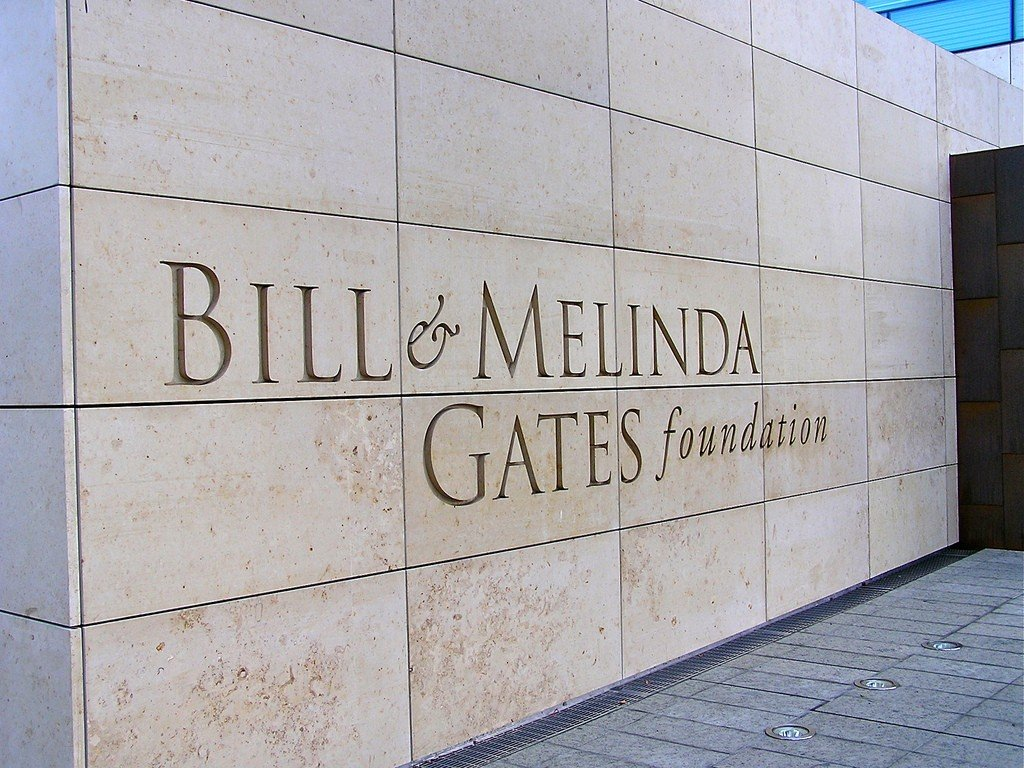The Bill & Melinda Gates Foundation has said it will spend $8.3bn to continue its work fighting poverty, disease and inequity in 2023.
The foundation’s Chief Executive Officer, Mark Suzman, disclosed this in a press statement on Tuesday which was signed by the Head of Media and Creative, Centre for Communication and Social Impacts, Seun Akioye.
Suzman said the foundation uses its resources, voice and convening power, to call attention to and help find solutions for problems that otherwise might be neglected.
The budget, which is the largest in the foundation’s history, is a response to multiple crises that threaten to stall or reverse global progress on the Sustainable Development Goals since the start of the COVID-19 pandemic.
These include war, economic turmoil, climate-related disasters and large decrease in vaccinations for preventable infectious diseases, all of which had taken a significant toll on the world’s poorest people.
The board of trustees’ approval of the budget puts the foundation on track to meet its commitment to reach an annual payout of $9 billion by 2026—and represents a 15 per cent increase over the 2022 forecasted payout.
“This is the toughest period for global health and development in recent memory, but in some ways, it’s also the reason we exist.
“To help meet the great needs ahead, we are doubling down on our commitment to our core mission; ensuring everyone can live a healthy and productive life,” Suzman said.
The statement reads in part, “People in low and middle-income countries, particularly women and girls, are facing the severe consequences of intersecting global crises, yet the world has so far failed to step up with the necessary political will and resources to respond.
“In his annual letter, Suzman addressed questions about the scale of the foundation’s influence and its access to global leaders. Using examples from the foundation’s work on climate adaptation, malaria, and US education, he detailed how the foundation catalyzes and advocates for solutions, brings diverse voices to decision-making tables and fills market gaps.
“He also discussed the role the foundation plays in setting global health and development priorities. The foundation doesn’t set the world’s agenda—we respond to it,” Suzman said, referencing the United Nations’ Sustainable Development Goals.
“Highlighting areas where the foundation makes big bets, Suzman reflected on the unique role of philanthropic capital, particularly in times of crisis. From improving vaccination rates to advancing women’s economic power, the foundation uses its funds, expertise, relationships and voice, where it can make the biggest impact measured in lives saved and opportunities created for all to reach their full potential.
“It does so by funding innovations that may not be financially attractive or feasible for the private sector or governments, stepping in where markets fail and investing in R&D that would otherwise never leave the lab.”


